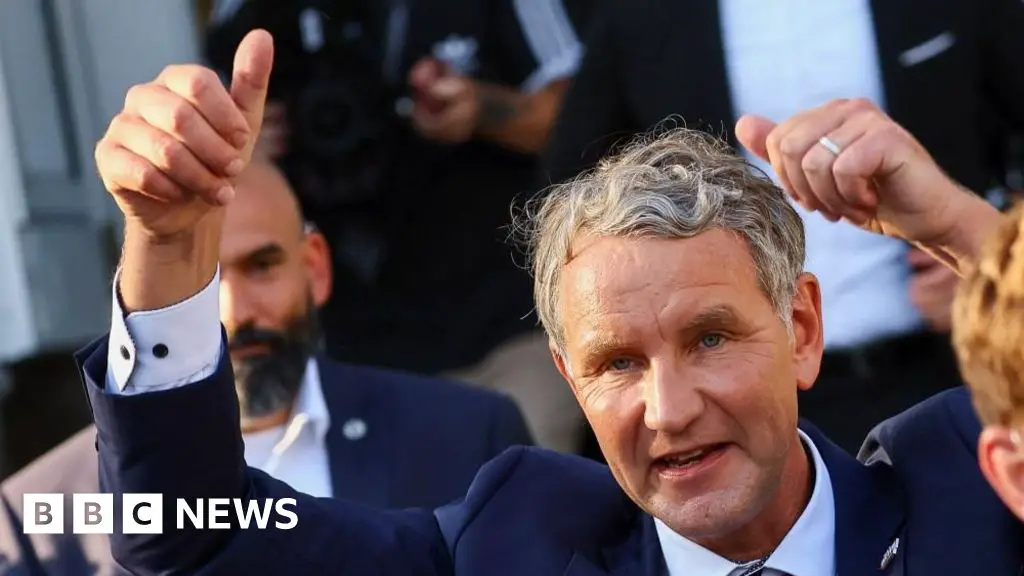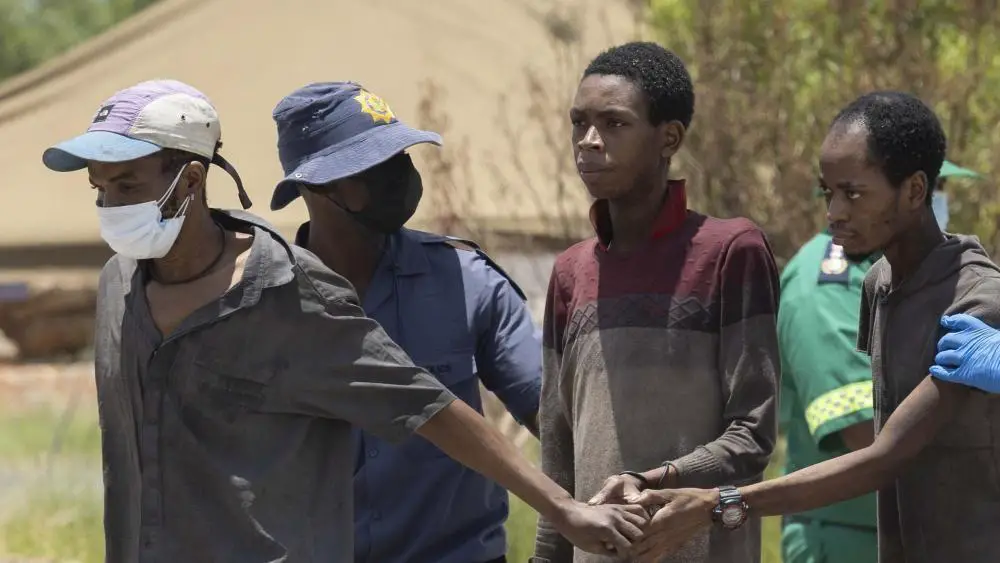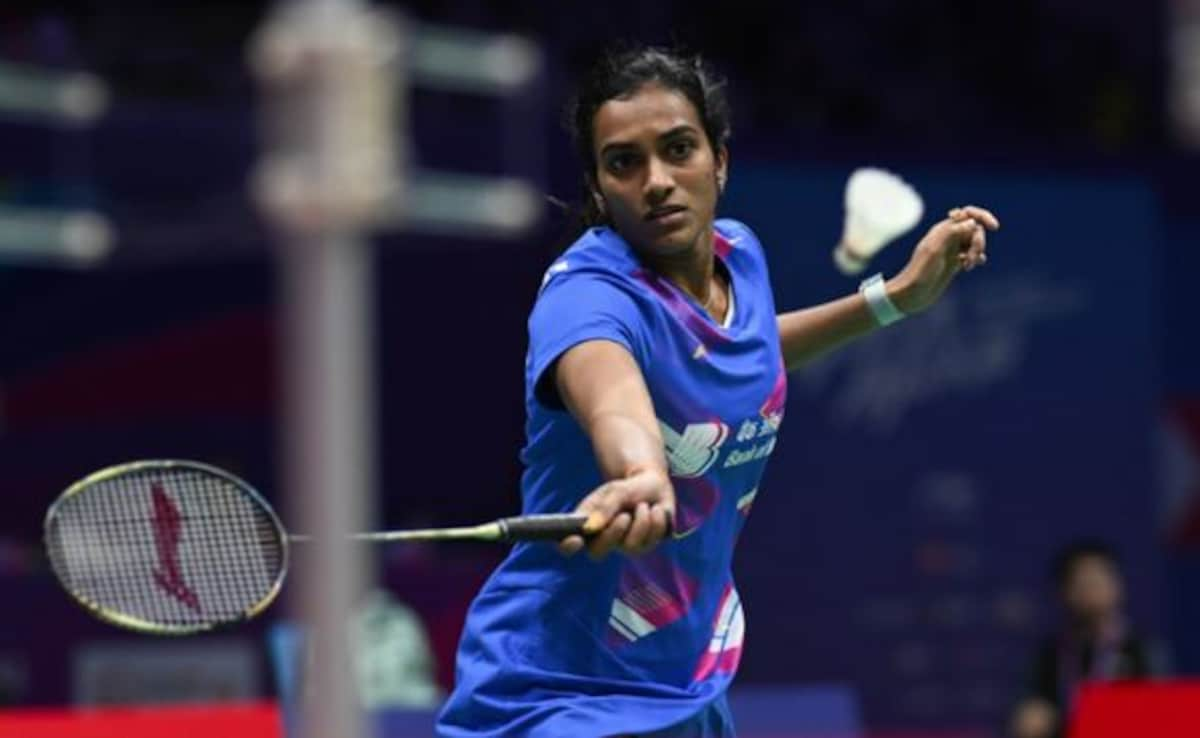
“Politicians have promised a lot, particularly concerning migration and foreigners,” AfD voter Michael told the BBC in Thuringia’s state capital Erfurt.
“But nothing happened. Nothing. Just promises came from these parties. Now I have my party. And I stand with my decision.”
Immigration played a big part in Sunday’s election, but the AfD also wants to stop weapons supplies to Ukraine, as does a new party heading for third place in both states, the BSW of left-wing populist leader Sahra Wagenknecht.
Although she has similar ideas to the AfD on Ukraine, Ms Wagenknecht has refused to take part in any coalition with the party, which gives the far right little chance of running Thuringia.
If the projections are confirmed, the AfD is on course to win 30 seats in the 88-seat state parliament in Thuringia, and the CDU 24 seats, with only one of the three parties in the national government represented.
Chancellor Olaf Scholz’s Social Democratic Party (SPD) is set to win just seven seats, with none for the Greens and liberal FDP.
With federal elections only a year away, Sunday’s elections have underlined the unpopularity of Germany’s ruling “traffic-light” coalition, so named because of the red, yellow and green of the party colours.
A third eastern state, Brandenburg, is due to vote in three weeks’ time and although the AfD is ahead in the opinion polls, the Social Democrats and conservatives are only a few points behind.







